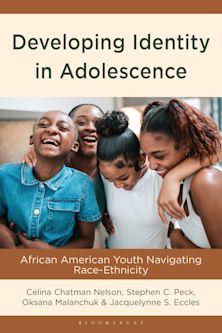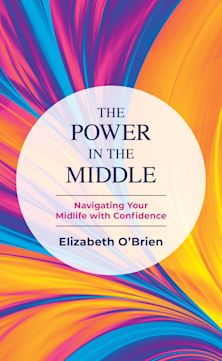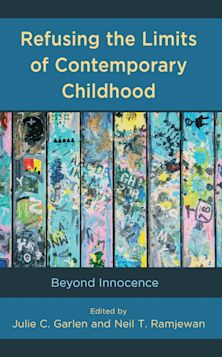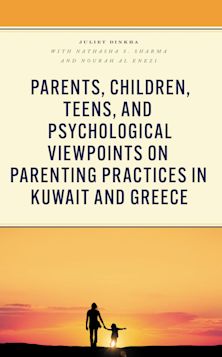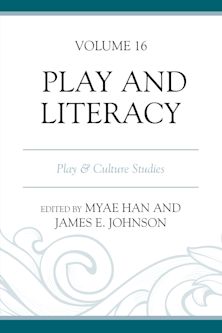Belonging
A Relationship-Based Approach for Trauma-Informed Education
Belonging
A Relationship-Based Approach for Trauma-Informed Education
This product is usually dispatched within 1 week
- Delivery and returns info
-
Free CA delivery on orders $40 or over
Description
The call for trauma-informed education is growing as the profound impact trauma has for the children’s ability to learn in traditional classrooms is recognized. For children who have experienced abuse and neglect their behavior is often highly reactive, aggressive, withdrawn or unmotivated. They struggle to learn, to make positive relationships or be influenced positively by teachers and school staff. Students become more and more at risk for mental health difficulties. Teachers become more and more frustrated and discouraged as they attempt to teach this vulnerable group of students.
Even though it is relationships that have hurt students with developmental trauma, it is known that they must find safe relationships to learn and heal. Forming those relationships with children who have been hurt and no longer trust adults is not easy. This book focuses on three important and comprehensive areas of theory and research that provide a theoretical, clinical, and integrated intervention model for developing the relationships and felt sense of safety children with developmental trauma need. Using what is known from attachment theory, intersubjectivity theory, and interpersonal neurobiology, the reader is helped to understand why children behave in the challenging ways they do.
This book offers successes and ongoing challenges as a means to continue the conversation about how best to support some of our most at-risk youth.
Table of Contents
Preface
Part I
1 Lessons from Poly Vagal Theory: If a Child Could Do Better, He or She Would 3
2 Lessons from Interpersonal Neurobiology
3 Lessons from Attachment Theory
4 Lessons from Intersubjectivity
5 Dyadic Developmental Practice and Its application to Education
6 Co-regulation of Affect: The Affective/Reflective (A/R) Dialogue
7 Using A/R Dialogue to Explore and Discover the Meanings of the Child’s Behavior
Part II
8 Belong: A Classroom for Children with Attachment and Trauma Difficulties
9 Our Day: Structured Flexibility
10 Meeting Challenging Behavior with PACE
11 Lesson Planning
12 Working with Parents and Community Supports Parents
13 Case Study
14 What Have We Learned in Six Years?
15 Bloopers: Where We Got It Wrong
Part III
16 The J ourney of Three DDP-Informed Elementary Schools and One Alternative High School
17 PACE and A/R Dialogues in a Regular Classroom Setting
18 Two R’s: Relationship and Resources
19 What Have We Learned?
20 Alarmed, Written by Sian Phillips
Appendix A
Appendix B
Appendix C
References
Product details
| Published | Aug 15 2020 |
|---|---|
| Format | Hardback |
| Edition | 1st |
| Extent | 350 |
| ISBN | 9781538135983 |
| Imprint | Rowman & Littlefield Publishers |
| Illustrations | 24 b/w illustrations; 2 b/w photos; 7 tables; 5 textboxes |
| Dimensions | 240 x 162 mm |
| Publisher | Bloomsbury Publishing |
Reviews

ONLINE RESOURCES
Bloomsbury Collections
This book is available on Bloomsbury Collections where your library has access.











